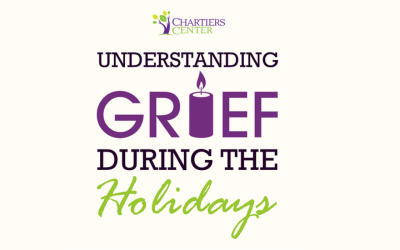As we approach the end of 2020, it’s important to stay grateful despite the stress and uncertainty we have all faced. Being grateful and showing gratitude are more than nice things to do; they help you appreciate your life and what you have without comparing yourself to others. It feels good to be grateful!
Studies have shown that those who practice gratitude are more optimistic about their lives, tend to exercise more, and have better relationships with those around them. In fact, a study conducted at University of California Berkley compared three groups of college students: One group wrote letters of gratitude to another person weekly for three weeks; one group wrote about negative personal experiences; and one group did not write at all. The researchers found that the letter-writing group reported significantly better mental health for weeks after the experiment ended. Regardless of whether they mailed their letters (only 23% did), they experienced better outcomes than those who wrote about their negative experiences or didn’t write at all.
This shows that practicing gratitude can have long lasting mental health benefits, even if you keep it to yourself. And although it can feel hard (especially this year), there are easy ways you can start today.
- Say, “Thank you!” All the time. It may sound simple, but saying “thank you” and meaning it can boost your mood. Not only is it polite, it also will make the person you’re thanking feel good too. You can thank someone who holds the door for you, the person at the cash register, or even a loved one for simply being in your life.
- Write down what you appreciate most. This is a great exercise to help you see how much you truly have. Try to not focus on material things. Perhaps you feel grateful for your family, a healthy body, or the nice weather outside. You will see that being grateful can really have a positive impact on your mental health.
- Pay attention to your emotions. It’s important to stay in tune with how you’re feeling so you can make changes when necessary. Meditation and mindfulness exercises are great to take a breather and escape from everyday stressors. This can look different from person to person, but it can help to separate yourself and think about all of the positives around you. Being present, feeling your breath, or having a few minutes of silence can all be exercises in gratitude when you practice focusing on the positive.
Staying grateful in difficult times can feel like a heavy lift when you don’t know where to start. But with a little practice, it can become much easier to see the good instead of focusing on the negative or uncertain.
Being grateful is a simple way to keep afloat and can help you #BeTheDifference for yourself and those around you.
Learn how MHFA can help you create a self-care plan that includes gratitude practices and more.
This article was taken from the Mental Health First Aid site and can be viewed here -https://www.mentalhealthfirstaid.org/external/2020/11/staying-grateful-in-difficult-times/



